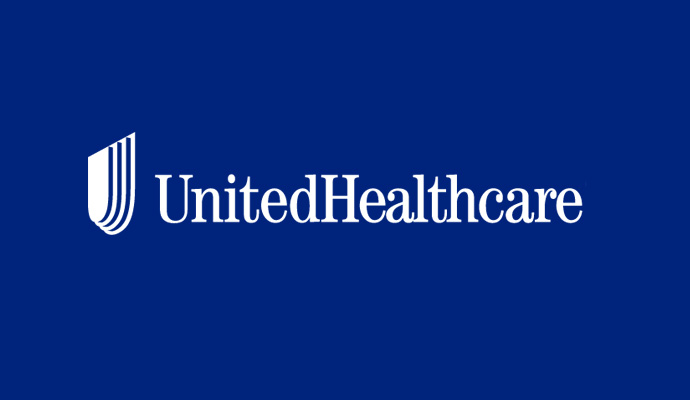UHC Grants $275K to Address Social Determinants of Health for Foster Kids
Local organizations will use the funding to advance social determinants of health initiatives for foster children, including kinship placements and support groups.

Source: UnitedHealthcare Logo
- UnitedHealthcare Community Plan of North Carolina is granting $275,000 to three local organizations to help address social determinants of health for children in kinship and foster care.
“Caring for the most vulnerable members of our community starts with meeting their most basic needs, and we are dedicated to supporting the children of North Carolina who face elevated challenges each day,” Anita Bachmann, chief executive officer of UnitedHealthcare Community Plan of North Carolina, said in the press release. “We’re honored to collaborate with these nonprofits in their efforts to keep kids healthy and in caring homes.”
The grant funding will support organizations as they expand or introduce new services for foster families and kinship families. Kinship families consist of a family friend or relative who has assumed the role of primary caregiver for a child.
Methodist Home for Children is slated to receive $125,000 to improve programs that stabilize placements with families for children with dual diagnoses of developmental disabilities and mental health disorders. The organization helps dually diagnosed children re-integrate into their homes and school communities while living productive and independent lives.
Boys & Girls Home of North Carolina will receive $75,000 to increase preventive and aftercare services for families and support kinship placements.
“UnitedHealthcare’s generous grant will provide much-needed support to our ongoing efforts to stabilize struggling families in North Carolina,” Marc Murphy, chief executive officer of Boys & Girls Home, said. “Children in foster care often come to us having experienced trauma and behind their peers in so many key developmental areas. This collaboration will enable our staff to expand services to improve health outcomes for more children and families in our area.”
Foster Family Alliance of North Carolina will also receive $75,000 to help increase support groups, kinship navigation, and resources for kinship families.
Overall, the grants from UnitedHealthcare aim to fund initiatives that boost access to care, create stability and permanency for children, and improve community health in North Carolina.
In addition to facing more barriers to care, one in three children enter foster care with a chronic medical condition, according to data from the American Academy of Pediatrics. Six in ten children in foster care under five years old have developmental health issues, while more than 40 percent of school-age children experience educational challenges.
UnitedHealthcare is not the first payer to invest in initiatives aimed at improving health outcomes for children in foster care.
In December 2022, Aetna’s Medicaid plan in West Virginia granted $9.3 million to ten community-based organizations that support behavioral health and social care needs for children in foster care.
The managed care organization covers care for kids in the children with serious emotional disorders (CSED) waiver program. The program provides eligible children and teens with serious behavioral or mental health needs with intensive behavioral health services and support.
The funding supported local behavioral health services, such as in-home therapy and crisis intervention, for children with CSED waivers.
